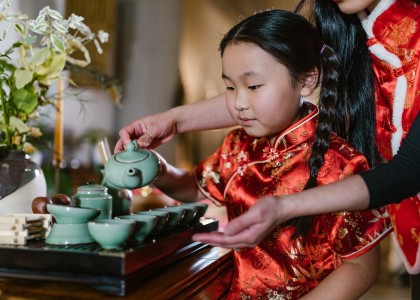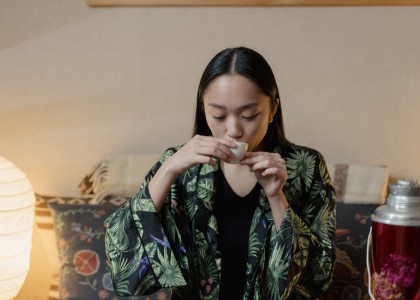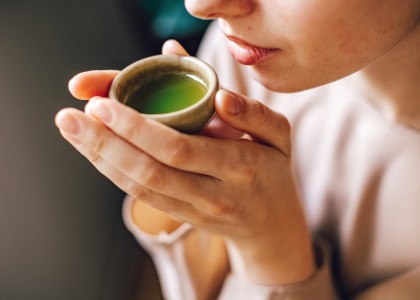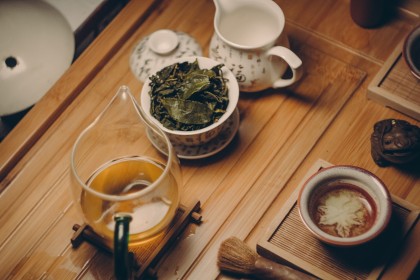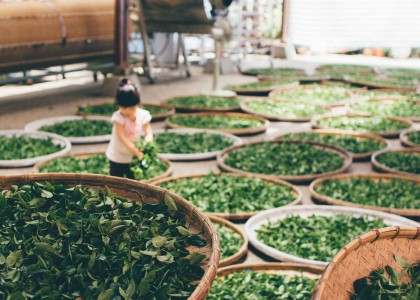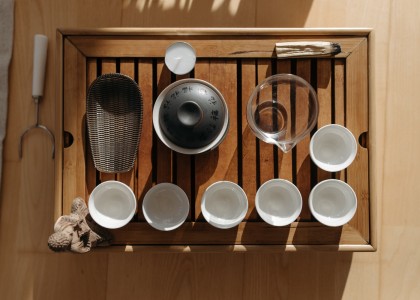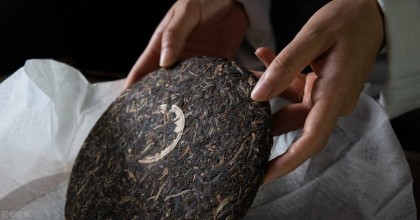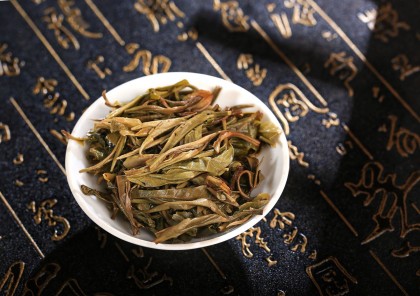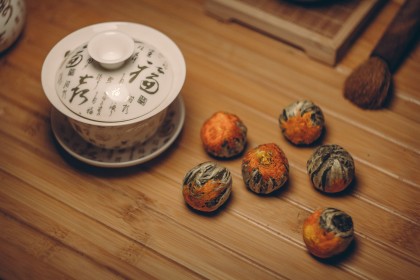Who Should Not Drink Pu-erh Tea?
By a veteran tea merchant and taster with over 20 years in sourcing, production, and wholesale of Chinese teas The Growing Fascination — and the Hidde…
Which Is the No.1 Tea in the World?
By a veteran tea merchant and taster with over 20 years in the trade The Illusion of “No.1” Every tea drinker, at some point, asks: “Which is the best…
What Is the Unhealthiest Tea to Drink?
As someone who has spent more than twenty years in tea cultivation and trade—from monitoring soil composition in Yunnan tea mountains to evaluating le…
What Makes Pu-erh Tea Special?
As someone who has spent decades working with tea—from planting and harvesting to tasting and selling—I can confidently say that Pu-erh tea is unlike …
What Are the Benefits of Pu-erh Tea?
For centuries, Pu-erh tea has been more than just a drink—it has been a way of life in China’s Yunnan province. Today, this ancient fermented tea has …
What Is Special About Pu-erh Tea?
Among all the teas in the world, few have sparked as much curiosity and devotion as Pu-erh tea. Originating from Yunnan, China, this ancient tea is un…
How Long Does Pu-erh Tea Last? The Truth About Aging, Freshness, and Flavor
When it comes to most teas—green, black, or oolong—the rule is simple: the fresher, the better. But Pu-erh tea breaks that rule entirely. This ancient…
How to Store Pu-erh Tea: A Practical Guide to Preserving Time and Flavor
For anyone who falls in love with Pu-erh tea, one question eventually arises: How do I store it properly? Unlike green or black tea, Pu-erh is a livin…
How to Pronounce Pu-erh Tea (and Why It Matters More Than You Think)
If you’ve ever stood in front of a tea shelf or browsed online and wondered how to pronounce Pu-erh tea, you’re not alone. This ancient Chinese tea, k…
Why Do Chinese Drink Tea in Small Cups?
Chinese tea is often served in small cups, a practice deeply rooted in tradition and cultural significance. The size of the cups plays a crucial role …
